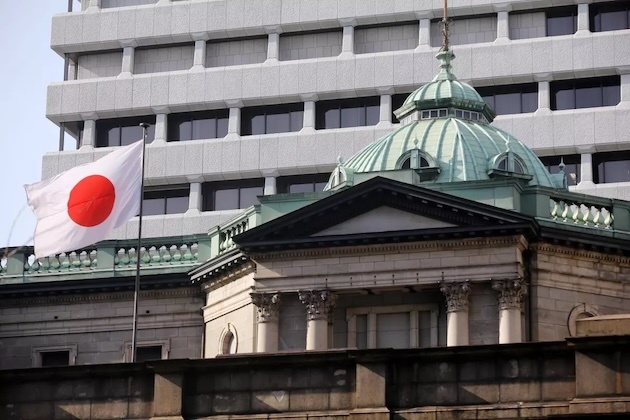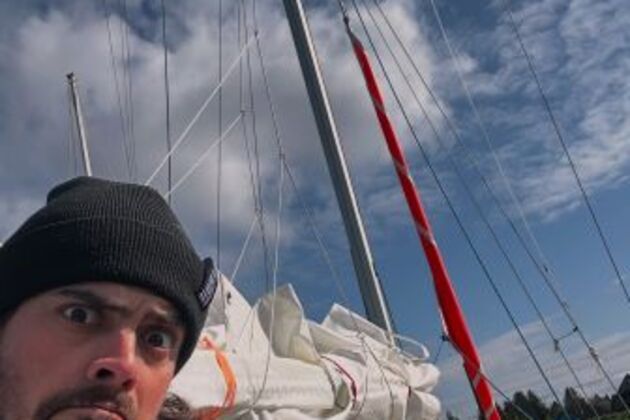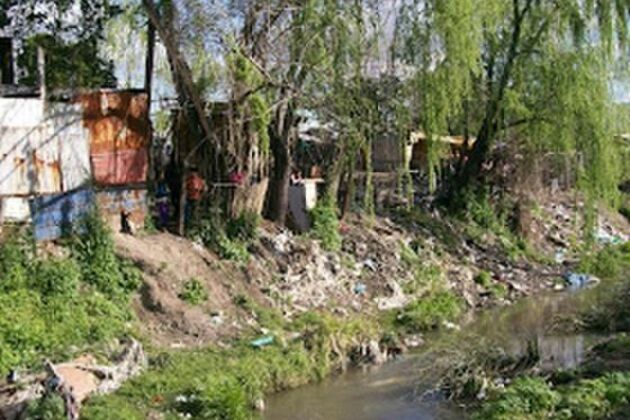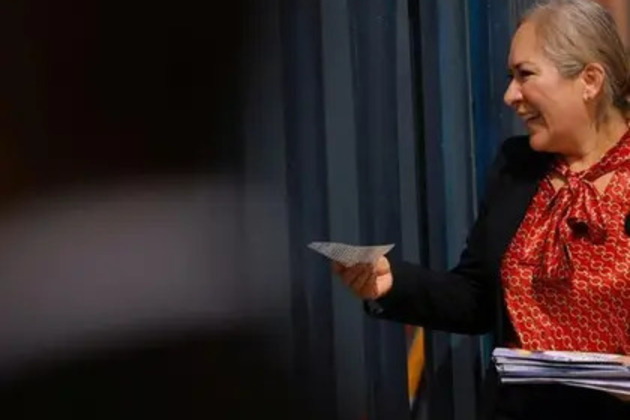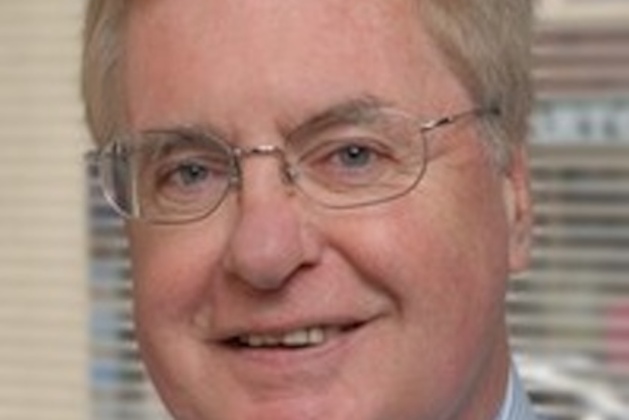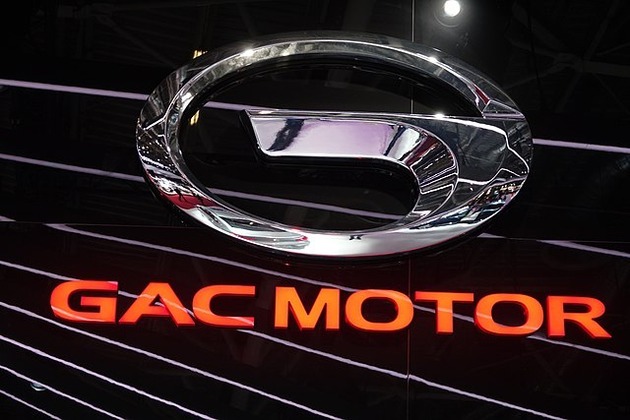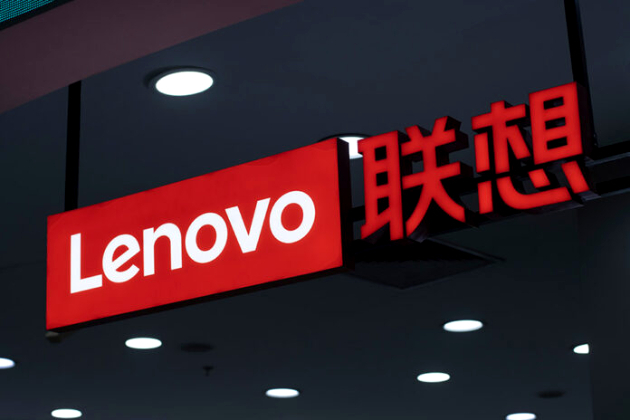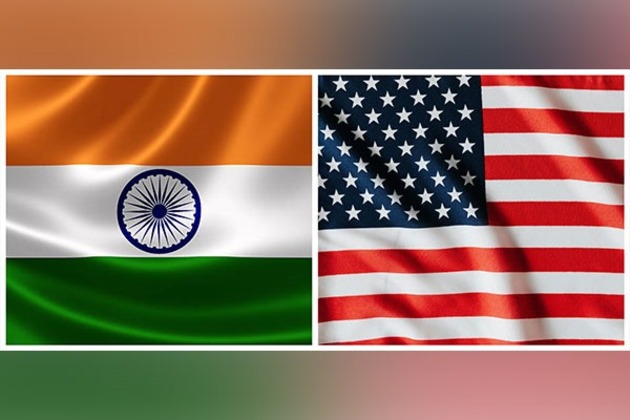World Insights: How U.S. export curbs are undermining EU's chip ambitions
Xinhua
19 Oct 2024, 12:45 GMT+10
With tech giants like ASML, Europe has a distinct advantage in the semiconductor sector. Substantial profits from the Chinese market have enabled European companies to secure a vital and stable position in the global supply chain. However, U.S.-driven export restrictions are undermining these advantages, jeopardizing the EU's competitive edge. BERLIN, Oct. 19 (Xinhua) -- Dutch semiconductor equipment maker ASML lost up to 60 billion euros (65.25 billion U.S. dollars) after its shares plummeted over 20 percent in just two days this week, primarily due to lower-than-expected 2025 sales and bookings. The company is feeling the pinch of U.S.-induced geopolitical tensions, as Dutch export restrictions, at the behest of the U.S. government, are weighing heavily on the tech giant's outlook for 2025. According to a CNBC report, ASML anticipates a decline in sales from China next year, citing U.S. export restrictions as a significant factor. EXPORT LOSSES Since 2019, the United States has pressured the Dutch government to implement strict controls on exporting advanced chip-making equipment to China, citing "national security" concerns. Initially focused on ASML's advanced extreme ultraviolet lithography machines, the ban was expanded earlier this year to include several mid-range deep ultraviolet lithography machines. China, one of the world's largest semiconductor markets, has been crucial to ASML's business, with 49 percent of its sales coming from the country in the first quarter of 2024. However, amid these export restrictions, ASML now expects revenue from China to drop to around 20 percent of total sales next year, said ASML's Chief Financial Officer Roger Dassen. ASML CEO Christophe Fouquet has criticized the U.S. restrictions, stating that the campaign to limit exports to China, originally framed as a national security measure, has increasingly become "economically motivated." This trend raises concerns among tech companies that adherence to U.S. restrictions could severely damage normal trade relations, disrupt the global semiconductor supply chain, and hinder the expansion of the EU's semiconductor industry. IMPACT ON EU The U.S.-led campaign to restrict high-tech equipment exports, particularly to China, has disrupted ASML's operations and undermined the EU's chip ambitions. However, the company's struggles are not isolated. In September, chip-making giant Intel announced delays in building two factories in Germany and Poland due to "lower demand than anticipated." These planned investments, worth tens of billions of dollars and previously considered vital for the EU's semiconductor production goals, are now uncertain. Similarly, expansion plans from companies like Taiwan Semiconductor Manufacturing Company (TSMC), Infineon, and Wolfspeed in Europe remain stagnant, with no concrete progress visible. In 2023, TSMC announced a joint investment with Bosch, Infineon, and NXP to create the European Semiconductor Manufacturing Company (ESMC) in the German city of Dresden, a key hub for chip manufacturing. Although construction officially began in August and production is expected to start in 2027, a recent visit by Xinhua reporters to the site revealed little activity, with overgrown weeds and only sparse monitoring stations present. Manfred Horstmann, managing director of GlobalFoundries' Dresden plant, has underscored the risks of starting from scratch on a greenfield site. "Typically, there is a lack of infrastructure, suppliers, and essential services," he noted. DREAM VS REALITY With robust legislation and funding in place, the EU has set ambitious goals for advancing its semiconductor industry. In 2022, the European Commission introduced the EU Chips Act, aiming to mobilize over 43 billion euros (46.76 billion dollars) from public and private investments to achieve strategic independence from semiconductor imports and improve supply chain responsiveness. The Act's subsidies extend beyond European companies, with industry giants like TSMC, Intel, and GlobalFoundries also announcing plans to build new factories in Europe. The German government allocated up to 5 billion euros (5.44 billion dollars) in tax incentives for the ESMC project alone. However, doubts have surfaced about the long-term impact of these subsidies. Economist Joachim Ragnitz from the ifo Institute noted that while the EU aims to double the market share of European semiconductors, companies seem more focused on maximizing subsidy benefits. With tech giants like ASML, Europe has a distinct advantage in the semiconductor sector. Substantial profits from the Chinese market have enabled European companies to secure a vital and stable position in the global supply chain. However, U.S.-driven export restrictions are undermining these advantages, jeopardizing the EU's competitive edge. Additionally, shortages of skilled workers are worsening the EU's chip crisis. "It's challenging," said Wenke Weinreich, division director at Fraunhofer, a leading applied research organization based in Germany. To address the local labor shortage, TSMC's factory in Dresden plans to bring in engineers from China's Taiwan and has initiated an exchange program for students from Saxony, Germany, to study at National Taiwan University. However, concerns remain about TSMC's ability to attract and retain talent in Dresden. Jan-Peter Kleinhans, a chip expert at the German tech and politics think tank Interface, said the EU's goal of capturing 20 percent of the global market share by 2030 appears increasingly unattainable. 

 Share
Share
 Tweet
Tweet
 Share
Share
 Flip
Flip
 Email
Email
Watch latest videos
Subscribe and Follow
Get a daily dose of Shanghai Sun news through our daily email, its complimentary and keeps you fully up to date with world and business news as well.
News RELEASES
Publish news of your business, community or sports group, personnel appointments, major event and more by submitting a news release to Shanghai Sun.
More InformationInternational
SectionGlobal central bankers in Tokyo address discuss inflation and slowdown
TOKYO, Japan: As global inflation remains stubborn and growth prospects dim, central bankers from around the world gathered in Tokyo...
Quits job, sails ocean: Oliver Widger reaches Hawaii with cat Phoenix
HONOLULU, Hawaii: A man from Oregon, Oliver Widger, has arrived in Hawaii after sailing across the ocean with his cat, Phoenix. He...
Argentinian church leader raps Milei at national religious ceremony
BUENOS AIRES, Argentina: The Archbishop of Buenos Aires, Jorge García Cuerva, used a major religious event over the weekend to criticize...
Historic vote for judges in Mexico marred by criminal ties
CIUDAD JUAREZ, Mexico: In a first-of-its-kind judicial election in Mexico, more than 5,000 candidates are vying for over 840 federal...
Bodies of 5 missing skiers recovered on mountain in Switzerland
ZERMATT, Switzerland: Five skiers were found dead on a mountain in Switzerland near the popular ski resort of Zermatt, officials said...
Canadians turn out in thousands to pay tribute to Israel
TORONTO, Canada - Tens of thousands of people from across Canada have marched in support of Israel in a massive turnout in Toronto....
Asia Business
SectionAsia through the ages, penning by Barry Pearton
In the early 1980s, after witnessing opportunities in Asia, Barry Pearton saw a clear gap in Australia's media market. Without nothing...
China’s GAC launches in Brazil as EV demand accelerates
SAO PAULO, Brazil: Amid a surge in electric vehicle (EV) adoption and growing competition in Brazil, Chinese automaker GAC has officially...
China’s Lenovo profit plunges 64%, misses estimates sharply
BEIJING, China: China's Lenovo reported a steep 64 percent drop in fourth-quarter profit, falling significantly short of analyst expectations...
Trump-backed $1.5 billion golf project breaks ground near Hanoi
HUNG YEN, Vietnam: A new US$1.5 billion luxury golf and residential project backed by the Trump Organization officially broke ground...
Trump tariff declared unlawful; India must reassess US trade deal: GTRI
New Delhi [India], May 29 (ANI): After a federal court of the United States struck down a reciprocal tariff announced by US President...
CDS Gen Anil Chauhan to engage with global military leadership at Shangri-La Dialogue 2025
New Delhi [India], May 29 (ANI): Chief of Defence Staff General Anil Chauhan will visit Singapore from May 30 to June 1 to attend the...

